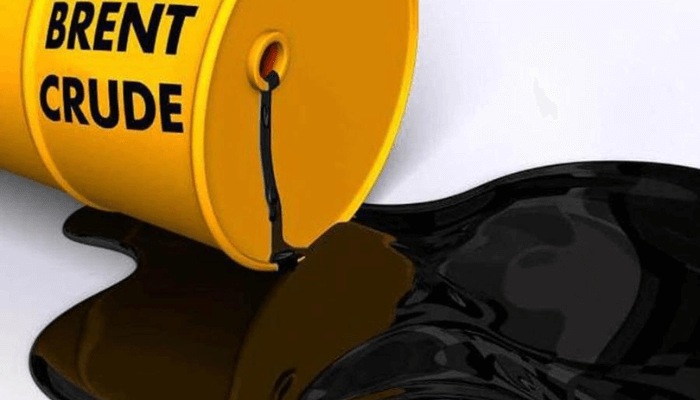Global oil prices rebounded sharply this week, with Brent crude climbing back above $70 per barrel, as geopolitical tensions and supply uncertainties rattled energy markets.
For Nigeria, Africa’s top oil producer, the rally offers both opportunities and risks at a time when the country is seeking to stabilise its finances and attract investment into its energy sector.
Read also: NNPCL gets ₦318bn for frontier oil search in eight months
Russia and OPEC+ Uncertainty Shape Market
Russia has tightened its export restrictions, reinstating a full ban on gasoline exports and extending limits on diesel shipments following sustained drone attacks on its refineries. The move has added fresh concerns about refined product availability globally.
At the same time, questions are mounting about OPEC+ discipline. The group has officially rolled back its voluntary production cuts of 2.2 million barrels per day, but analysts doubt all producers will fully restore supply. That uncertainty has created a price cushion, lifting Brent back to the $70 threshold.
For Nigeria, OPEC+ compliance is a familiar issue. The country has repeatedly struggled to meet production targets due to theft, underinvestment, and operational challenges. A higher oil price, however, provides Abuja with breathing space to shore up revenues.
Read also: Nigeria’s oil GDP slows to 6% in Q2 2025
Nigeria’s crude oil production slipped below its OPEC quota in August after two consecutive months of meeting the target.
Data from OPEC, through direct communication, showed that Nigeria pumped an average of 1.434 million barrels per day (bpd) in August, down from 1.507 million bpd in July.
The figure is the lowest in six months so far in 2025 and is below Nigeria’s OPEC allocation of about 1.5 million bpd for the month.
The decline comes after Nigeria had shown signs of recovery in June and July, when output edged closer to the group’s agreed quota following months of underperformance.
Read also: Oil sector drives Nigeria’s GDP growth to 4-year high
Middle East Flows Add to Market Risk
In the East, Iraq has struck deals with eight international oil companies, covering 90 percent of Kurdistan’s output, to restart crude exports through the Kirkuk-Ceyhan pipeline. First flows are expected over the weekend, helping to ease some supply concerns.
Still, wider geopolitical tensions across the Middle East and Eastern Europe continue to inject volatility into the market. Any escalation could keep prices elevated, offering Nigeria a short-term fiscal gain but also potentially raising domestic fuel costs given its reliance on imports of refined products.









